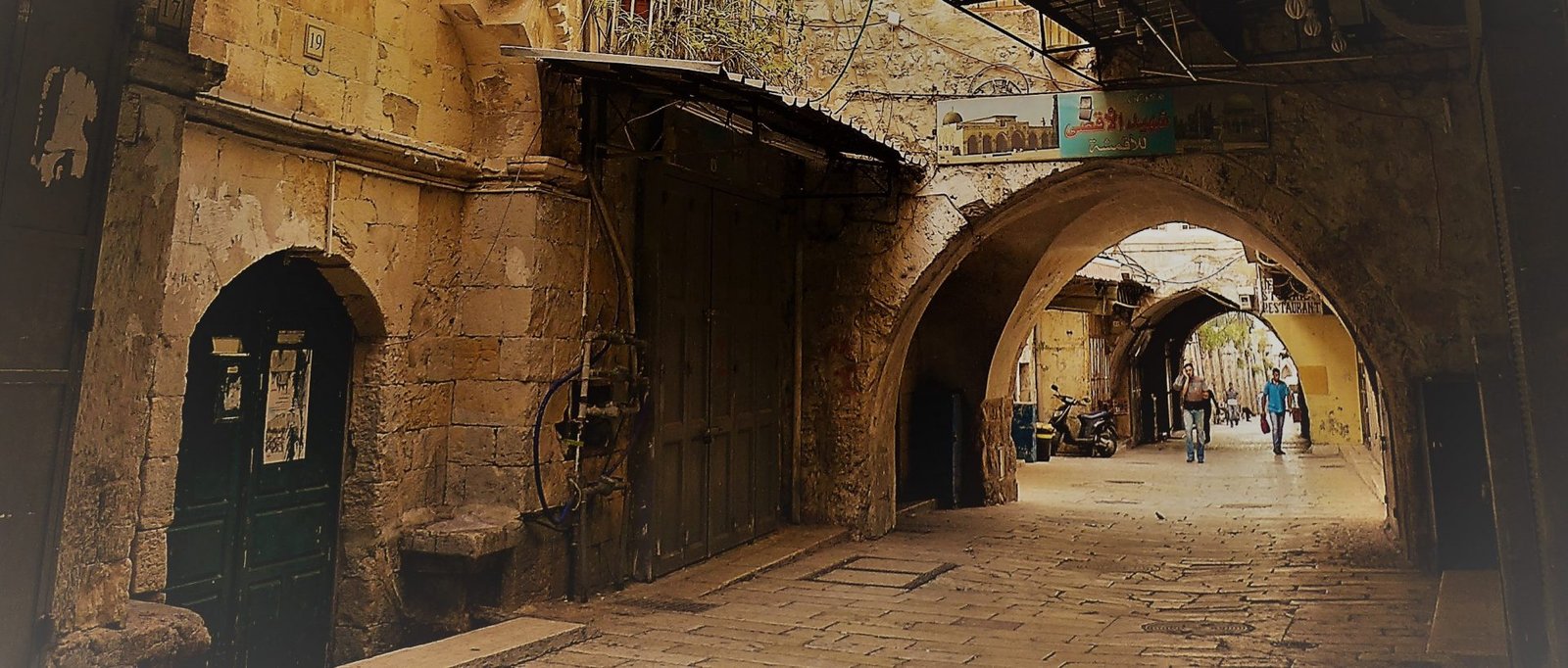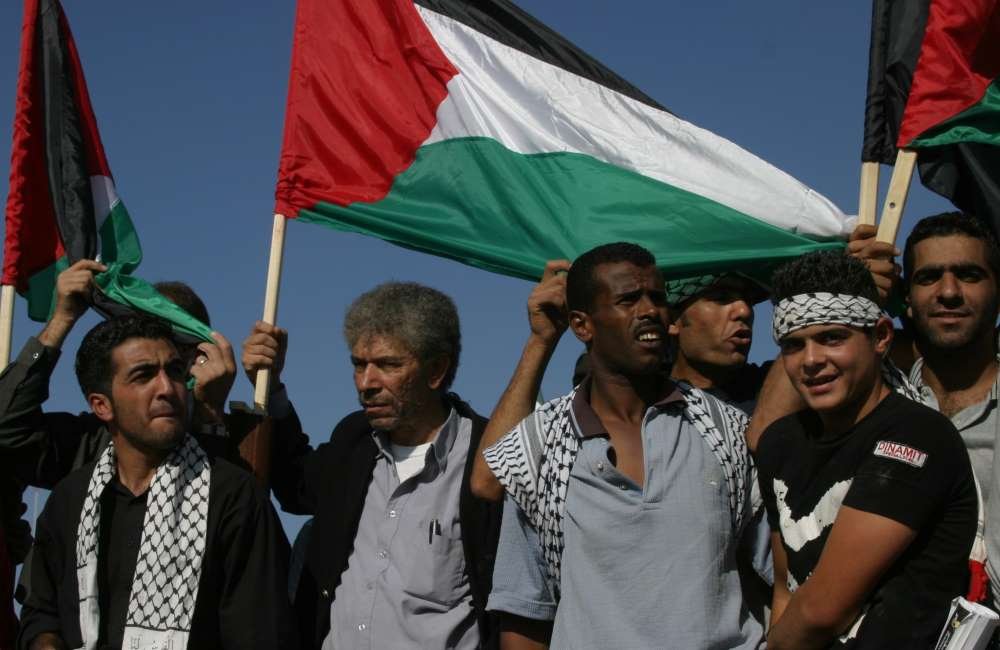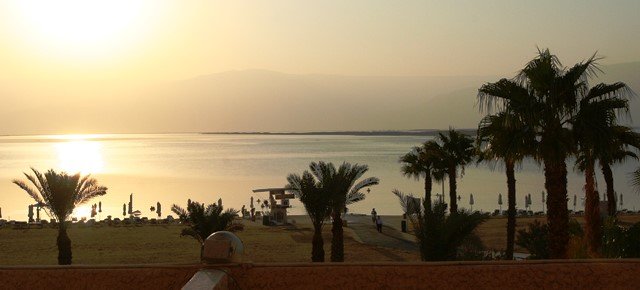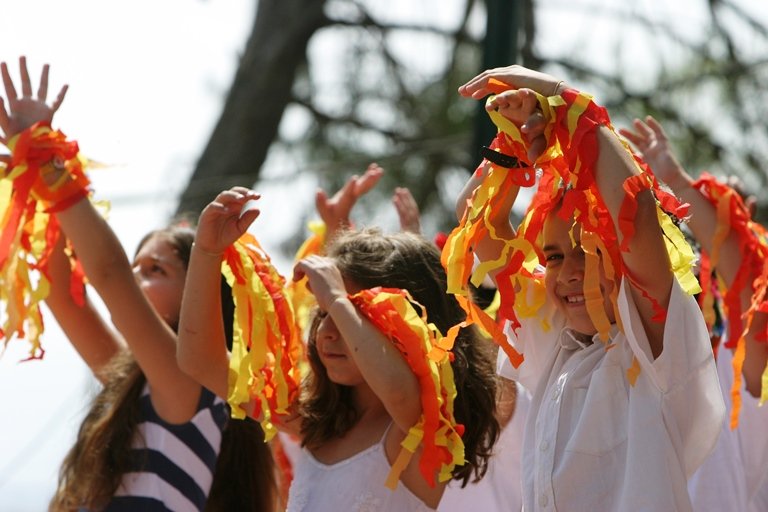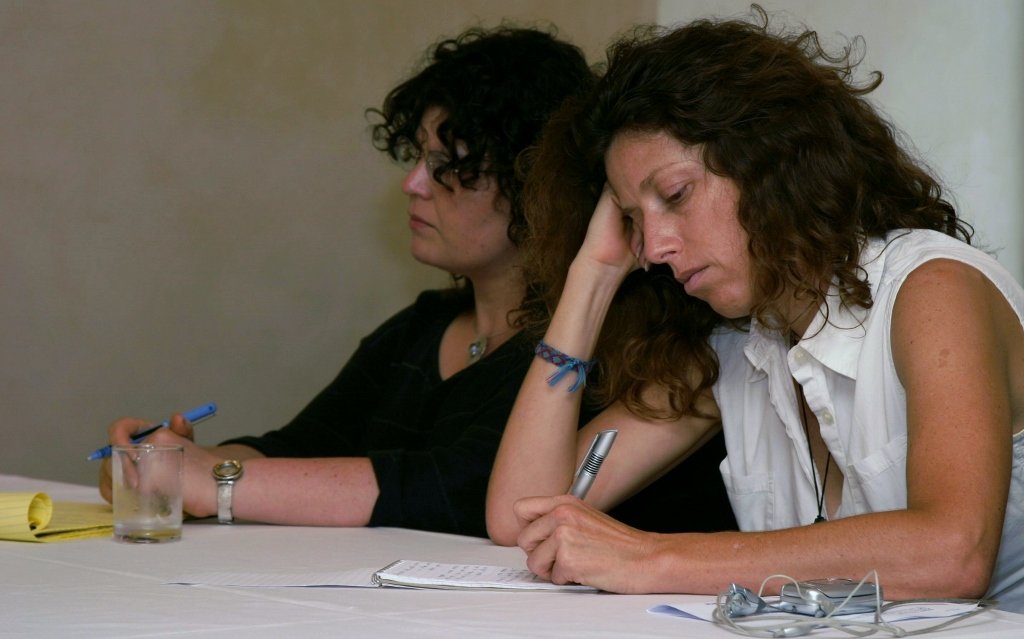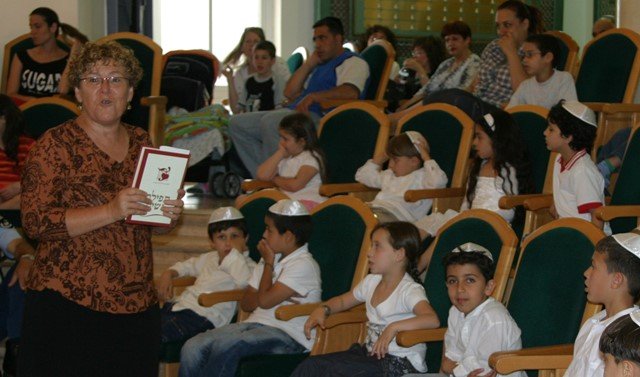Share This Story, Choose Your Platform!
Those two Palestinian workers who are supposed to build a fence in my garden apologize for being too late. Why they were checked for such a long time at the checkpoint between the Palestinian territories and Israeli territory is beyond their comprehension. The Jerusalem question is not an issue for them.
Yet, they know of a general strike in the PA. But that does not apply to them. They work for Israelis. The Palestinian who receives my car for service shortly thereafter tries to explain to me the same. His business in the largely Arab neighborhood on the Mount of Olives must of course remain closed. But likewise of course he conscientiously pursues his employment in the Israeli auto repair shop.
All Arab shops are closed in the Old City of Jerusalem. Tourist groups eagerly take photos of the spooky scenery. The general strike of the Palestinians forces them to buy their souvenirs in the nearby Jewish quarter of the Old City. In plain English: The strike of the Palestinians sends the business to their Jewish neighbors. The Palestinians lose. The Jews gain.
An official strike, however, does not mean that nobody is in the shop. That’s why I bang hard on the heavy iron door that hides the shop where I usually change my money. Carefully the door opens. The Palestinian, with whom I have been good friends for almost three decades, lets me through the crack and shuts the shackle. He offers me tea and we start talking.
My friend tells me that he does not care at all about all the political moves of the great players of world politics. Asked what changes Trump’s declaration of Jerusalem as capital of Israel might bring, he waves away wearily: “None at all!”
From the screen of his computer he turns to me: “Why do they not care about countries where there are real problems and leave us alone?! Look, just in recent weeks, the Houthi fighting for Iran in Yemen killed more than a thousand people in Sana’a alone in two days.”
“Why did you close your business at all?” I ask. In front of the door are tourists hungry for business. Now they are hesitantly moving in the direction of their Jewish competition that is willing to do business. “I do not want any more trouble. They would burn my business if I opened up.”
“Do you think there will be a new Intifada?” – Again the same limp hand movement of the old fighter, who was active in the 1970s on the side of Yasser Arafat: “Nobody has any interest in that today. What would that do?”
While he is talking, the heavy iron gate moves. His son, a young man in his early twenties, pushes his way through the opening. In contrast to his father you can feel the tension. “There may be a third intifada,” he says. “The leaders want that.” When I ask who the “leaders” are, he shrugs: “The people who are in charge. I do not know who that is. Nobody really knows. But they get a lot of money. And if somebody has twenty or thirty guys, he can make a difference. Maybe they will just throw stones. Maybe they will stab someone?”
A few weeks earlier, I had discussed the two-state solution with this same young man. He is certainly neither friendly towards Israel nor to the Jews. On the contrary. In his view, Tel Aviv is an “illegal settlement” and the Jews should best “go back to where they came from” – wherever that may be.
But during our discussion of the two-state solution he becomes agitated: “Why do you actually want to impose a state on us? We have already more than twenty failing Arab states. Not a single one works. Why would you want another failing Arab state? Leave us alone!”
Now the father beats in a similar notch. “They are all just about money, about themselves,” he says, referring to the old comrades, who today hold all-time high posts in the Palestinian Authority. “Abu Masen hoards only millions for his sons. Nobody thinks of the people.”
Why, one wonders, does nobody see that this strike on the eve of “the day of rage” of the Palestinians harms only Palestinians? Why does not anyone ask what is good for ordinary people on the street? And why do Western politicians only pour oil into a fire that hardly seemed to flicker, instead of promoting peaceful coexistence?


